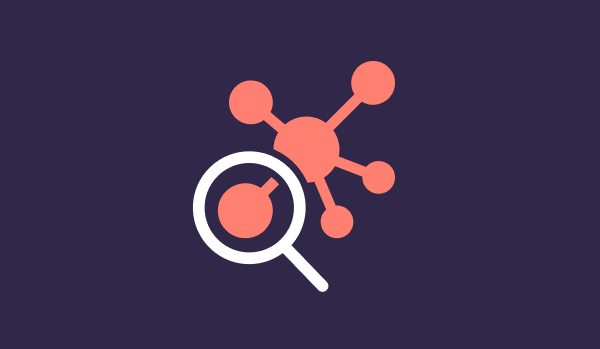About Genes & Health
Genes & Health is one of the world’s largest community-based genetics studies, led by world-leading doctors, scientists and community representatives. The goal of Genes & Health is to improve the health of Pakistani and Bangladeshi people through high quality research on health and genetic information from 100,000 volunteers.
The first Genes & Health volunteer took part in 2015 in east London, and we have since expanded across the country into Bradford, Manchester, and West Midlands. Genes & Health has already been very successful and has made major scientific breakthroughs across many areas of health and disease. Genes & Health is led by Queen Mary University of London, but now also involves many other NHS and research partners in the UK and globally.
Why we exist
South Asian people living in the UK experience health inequalities, for example they are more likely to develop diabetes and at younger ages compared to the rest of the population, and they also experience poorer health from many other conditions, such as cardiovascular disease and mental health.
Medical science has made a lot of progress in the last fifty years in understanding how our genes influence health and disease, and this has led to improvements in prediction, diagnosis and treatment of disease. But most big genetic research studies have mainly included people from European backgrounds. This lack of diversity makes it hard to bring the benefit of research to British Bangladeshi and British Pakistani people.
What is our aim?
Genes & Health aims to improve the health of British Pakistani and British Bangladeshi people through high quality scientific research. Our scientific discoveries will allow us to understand why some diseases are more common in our volunteers, and find ways to better combat them through better prevention, diagnosis and treatment.
Our research will also help us to contribute to the design and discovery of new drug treatments, and ensure that these work effectively and safely for British Bangladeshi and British Pakistani people.
It also makes us wonder if new tests and treatments from research will help everyone the same way. Our aim is to combat these issues and understand why these diseases affect some people more than others.
How does the study work?
Taking part is easy and quick. Volunteers donate a spit sample for us to study DNA (your genes) and complete two short forms.
This allows us to securely link to volunteer information about their genes and NHS health information to study diseases and treatments. So far, tens of thousands of volunteers have kindly participated in Genes & Health and we hope to involve even more.
After their initial participation, some volunteers may be invited to participate in additional studies (called ’recall studies’) at our research sites to get a more detailed understanding of particular health conditions and how our genes function.
















